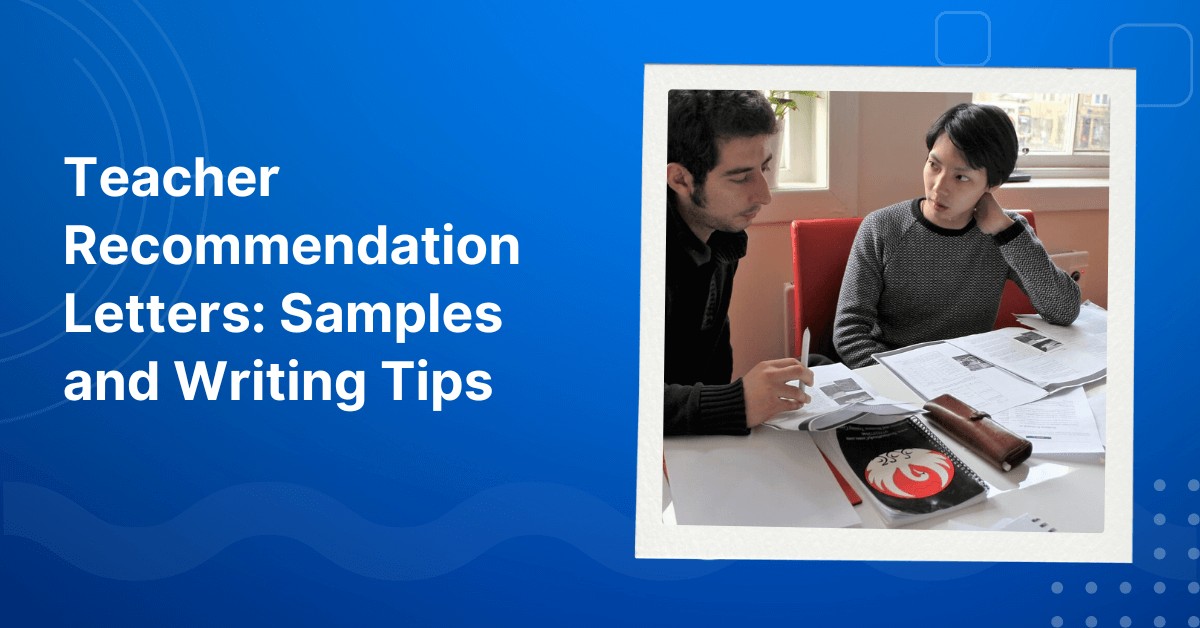Learning to manage classroom behavior is important for making school a happy place. Good behavior helps everyone learn better and makes the classroom fun and safe. So, what are you waiting for? Let’s explore ways to manage children’s behavior with VTJ!
 Managing student behavior in the classroom is crucial for creating a safe, productive learning environment
Managing student behavior in the classroom is crucial for creating a safe, productive learning environment
The benefits of managing student behavior in the classroom
Managing student behavior in the classroom is very important. It helps create a safe and productive place for learning. Here are some key benefits:
- Creates a safe environment: By reducing disruptive behaviors, a well-managed classroom becomes a safe space for everyone. Clear rules and consistent consequences help maintain order.
- Encourages positive behavior: Setting clear expectations and enforcing them consistently helps students learn responsibility. They understand what is expected and strive to meet those expectations.
- Improves academic performance: When students know the rules and are held accountable, they stay focused on their work. This leads to better grades and higher test scores.
- Saves teacher’s time: A classroom with clear and enforced expectations means less time spent on discipline. Teachers can spend more time teaching, making the learning experience better for everyone.
Overall, effective behavior management creates a positive learning environment, promotes good behavior, and helps students succeed academically.
Read more: Meaningful Feedback for Students: Importance, Tips and Examples
6 Ways to managing student behavior in 2024

Develop engaging lessons by using interactive methods, games, and relevant topics
Maintain a routine
Having a set routine helps establish guidelines and behavior expectations. It ensures students know what’s next, so there’s less need for constant instructions, freeing up time for teaching. Involve students in creating the class schedule and give them responsibility for some tasks.
Including all students, especially those who are usually disruptive, can help reduce behavior issues. Use non-verbal cues like hand signals to remind students of the routine without interrupting the lesson.
Set rules together with students
Creating rules with your students can improve behavior because they feel ownership over the rules. When students help set the rules, peer pressure can help enforce them. Have clear guidelines for dealing with rule-breaking to ensure students know what to expect and feel fairly treated. Enforce rules consistently to avoid creating loopholes.
Create stimulating lessons
Engage students with exciting and interactive lessons to prevent boredom and bad behavior. Use various teaching methods, incorporate games, and make lessons fun. For younger students, use actions and games, while for older students, relate lessons to things they find interesting, like current music or movies.
Use positive language
Positive language encourages good behavior and respect. Instead of saying, “Stop throwing paper airplanes,” say, “Let’s all focus, please.” Positive language makes students feel respected and motivates them to behave better. Smile more, model good behavior, and maintain positive body language to reinforce the desired behavior.
Develop a relationship with your students
Get to know your students individually, including their interests and dislikes. This helps you create engaging lessons and identify triggers for bad behavior. If a student acts out, understanding their background can help you address the root cause rather than just the behavior.
Building a good relationship with students includes communicating their progress to parents and administrators, and encouraging them to keep improving.
Adjust your scoring methods
Traditional grading can demoralize students, leading to disruptive behavior. Consider using check marks for correct answers and suggestions for improvement instead of standard scores. Turn grading into a game with points and rewards to motivate students and help them focus on improving their scores.
Read more: What Are the Responsibilities of Teacher? (2024 Guide)
Working with parents and other educators

The best classroom management plan is tailored to your specific students and needs
As teachers, it’s important to understand that managing student behavior can’t be done alone. Working with parents and other educators is essential to help students get the support they need. Here are some strategies:
- Open communication: Make sure to keep in touch with parents and other teachers regularly. This way, everyone knows how the student is doing. Keeping communication open means problems can be solved quickly, and teachers can work together to manage student behavior.
- Follow school rules: Be aware of school-wide behavior policies. By following these rules, teachers can help create a safe place for all students to learn.
- Collaborate for community support: Regular meetings with parents and other teachers can help build a supportive community. Discuss student behavior, find any problems, and come up with solutions together.
Managing student behavior needs teamwork from both teachers and parents. By communicating openly and working together, teachers can make sure students get the help they need to do well in school and get along with others.
Read more: Didactic Teaching: Differences between Didactics and Pedagogy?
FAQs About Managing Student Behavior
How do you manage student behavior in the classroom?
These classroom management tips help improve behavior, build relationships, and create a positive classroom environment. Try these to become a happier and more effective teacher.
- Show ideal behavior: Act how you want students to act. Show them good behavior by having polite conversations, maintaining eye contact, and listening respectfully.
- Create rules together: Let students help make classroom rules. This way, they will follow them better because they helped make them.
- Write down rules: After making rules together, write them down and give a copy to everyone. This way, students remember and follow them.
- Don’t punish everyone: If one student misbehaves, don’t punish the whole class. Talk to the student who is not following the rules.
- Encourage hard work: Let students work ahead and give short presentations. This makes learning fun and interesting.
- Praise students: Praise students when they do something well. It makes them feel good and encourages them to keep doing good work.
- Use actions and visuals: Use hand motions and pictures to help students understand and stay focused.
- Have small parties: Reward students with small parties for good behavior and hard work. This motivates them to keep it up.
- Give rewards: Give small rewards, like raffle tickets, to students who behave well and work hard.
- Call parents with good news: Tell parents when their children do something good. This makes students happy and encourages them to keep doing well.
- Make lessons exciting: Start lessons with fun and interesting topics to get students excited about learning.
- Offer different study options: During free study time, let students choose from different activities like listening to audiobooks, working quietly, or playing educational games.
- Write group rules: When students work in groups, have them agree on rules and consequences for breaking them. This helps them work well together.
- Give open-ended projects: Let students choose projects that allow them to show what they know in their way.
- Use simple grades: Instead of giving letter grades, tell students if they met expectations and how to improve.
- Use technology: Use educational games and apps that adapt to each student’s needs to help them learn better.
- Interview students: Talk to students who struggle to find out what helps them focus and learn better.
- Address misbehavior quickly: Deal with bad behavior right away, but talk to the student in private to avoid embarrassment.
- Peer teaching: Let top students help teach others. This helps both the tutor and the student being tutored.
- Make learning a game: Use points and levels to make learning fun and motivate students to work hard.
Read more: 14 Types of teaching methods for an effective lesson
How to deal with defiant students in the classroom?
Top 10 tips for handling angry, defiant students:
- Tip 1 – Stay calm: When students act out, it’s often because they’re scared of failing. Stay calm and don’t take it personally. This helps you avoid saying or doing something that makes things worse.
- Tip 2 – Offer help: Ask if they need help. Say things like, “Do you need me to explain this again?” or “Would it help to take a short break?” This shows you care and want to support them.
- Tip 3 – Ask for their help: Sometimes asking a student for help can change their attitude. For example, “Can you help me set up the projector?” This makes them feel important and needed.
- Tip 4 -Give them a job: Give challenging students a responsibility, like being in charge of equipment. This gives them a sense of purpose and can improve their behavior quickly.
- Tip 5 – Remove audience pressure: If a student acts out in front of others, talk to them privately. Say, “Let’s discuss this later in private,” to avoid embarrassing them and escalating the situation.
- Tip 6 – Use distractions: Change the topic or ask a random question to distract a student who is upset. For example, “What color are your socks?” This can diffuse their anger and change their mood.
- Tip 7 – Help them succeed: Give tasks that match their interests and skill level. Success boosts their self-esteem and reduces negative behavior.
- Tip 8 – Praise improvement: When a student improves, even a little, praise them. Positive comments help make lasting changes in their behavior.
- Tip 9 – Encourage group work: Group activities help build positive relationships. This makes students feel welcome and part of the class, which can improve their attitude.
- Tip 10 – Follow School Rules: If needed, follow the school’s disciplinary steps, like moving the student to a different seat or calling their parents. Give fair warnings and allow time for the student to comply.
Read more: 13 Types of Students in the Classroom and How to Deal with Them
By using these strategies, you can manage your classroom more effectively and create a better learning environment for all students.
When you manage classroom behavior well, students are happier and learn more. Using these tips will make your classroom a better place for everyone. Follow VTJ’s other posts to get more useful information about education!



